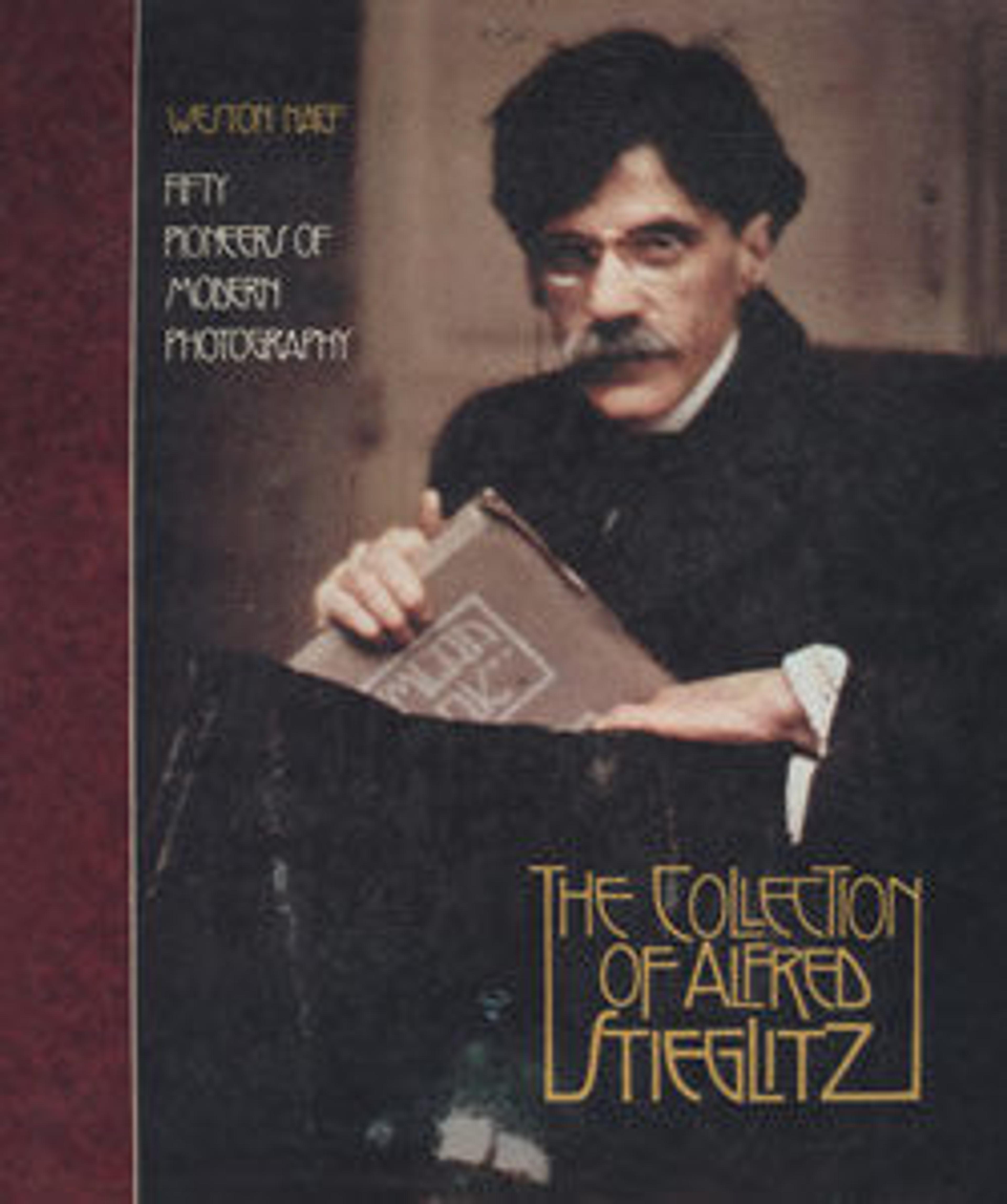The Dark Mountains
The son of the photographer Thomas Annan, James Craig Annan was among the most admired of the first generation of European Pictorialist photographers and was likely the first photographer that Stieglitz collected. He apprenticed in his father’s photographic printing business and early on mastered the potential of photogravure as a direct and expressive means of printing his photographs, as demonstrated in this picture taken in the Scottish Highlands. The Dark Mountains was described by critics at the time as "weird and solemn," "full of grim purpose," and evoking "Dantesque dreams, ideas of massive, awful grandeur, unknown threatening dangers." With its silhouetted figures facing a vast Scottish landscape, Annan’s image recalls the eighteenth-century aesthetic of the Sublime in nature and embodies the Romantic sensibility of painters such as Caspar David Friedrich and J. M. W. Turner.
Artwork Details
- Title: The Dark Mountains
- Artist: James Craig Annan (British, Hamilton, South Lanarkshire, Scotland 1864–1946)
- Date: 1890
- Medium: Photogravure
- Dimensions: 15.0 x 20.1 cm. (5 15/16 x 7 15/16 in.)
- Classifications: Photographs, Prints
- Credit Line: Alfred Stieglitz Collection, 1949
- Object Number: 49.55.276
- Curatorial Department: Photographs
More Artwork
Research Resources
The Met provides unparalleled resources for research and welcomes an international community of students and scholars. The Met's Open Access API is where creators and researchers can connect to the The Met collection. Open Access data and public domain images are available for unrestricted commercial and noncommercial use without permission or fee.
To request images under copyright and other restrictions, please use this Image Request form.
Feedback
We continue to research and examine historical and cultural context for objects in The Met collection. If you have comments or questions about this object record, please complete and submit this form. The Museum looks forward to receiving your comments.
